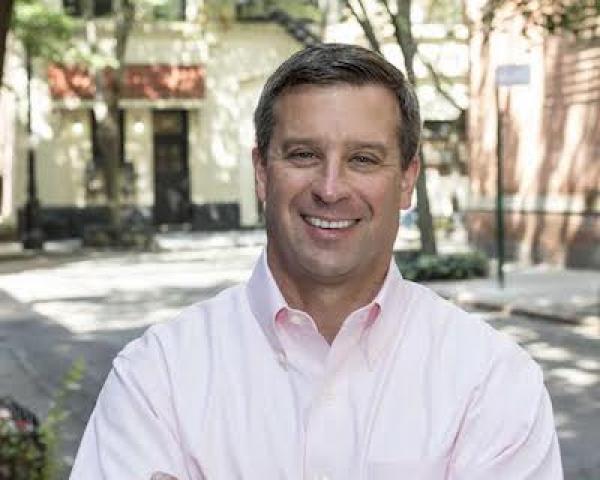The #HealthcareCartel wants us to focus on #SurpriseBilling in medical care, but that's just a symptom that distracts from the real problem.
It’s Sunday. That means there’s a lot of talk going on about #SurpriseBilling online and on TV. The conversation is picking up because it’s a new season for state legislators, we have a new Congress and the president is talking about the problem.
And that’s just what the #HealthcareCartel wants. It wants us to address the problem of #SurpriseBilling in healthcare, because the more we focus on this
symptom of a larger problem, the less we will focus on the problem itself.
Ask yourself: Why don’t we experience surprise grocery bills when we go to a different grocery store than we usually do? Why not surprise gasoline bills for going “out of network” when we go to the Shell station instead of Conoco. Sure, we might get a few pennies off for staying in our gasoline network—that’s normal business, and it’s transparent. We might not get the benefit of the loyalty program at the supermarket, sometimes paying more for “going out of network,” but they let us sign up on the spot, and the sign on the shelf says, “20% off for members.” These businesses have their incentive programs, but they don’t hide their prices from us. There are no surprises.
We used to experience surprise cellular phone bills (going out of network meant roaming or making calls from overseas), but the marketplace rejected that over time as Sprint, T-Mobile, AT&T and Verizon designed better plans for competitive advantage. That's why the cost of cellular phone goes down over time—they keep competing.
I believe everyone wants to see an end to surprise medical bills.
The problem, unfortunately, is complex, and the solutions being proposed won’t work as expected. They amount to price controls, or call for providers to be forced to join networks, which in turns denies them their right to negotiate a fair deal—which we want, because that forms the basis of competition. We can't just stop prices from going up. We can't just legislate "fair" prices. We need competition that actually drives prices down. That's the only way to reverse decades of dysfunction that have led to prices that are twice as high as they need to be.
See also: The Science That Is Reinventing Healthcare
Laws and regulations layered on the back of a dysfunctional economic model always leads to unintended consequences. The reason is simple: Dysfunctional systems do not respond to change in predictable ways. That’s why policy makers have no business addressing the problem of #SurpriseBilling while ignoring the underlying economic dysfunction of healthcare. No matter how well-intentioned, they are going to get it wrong. They are going to make the system worse.
The point is, surprise medical bills would not exist if we had an economically functional healthcare system based on truly transparent prices. That’s why the #HealthcareCartel is so pleased to see all of the political energy being absorbed by the problem of #SurpriseBilling. An entire political season is going to go by the wayside, with politicians taking victory laps while merely creating the illusion of progress. The #HealthcareCartel couldn’t have done it better if it tried.
Highly complex machines evolve when we piece them together with one band-aid after another. The more complex the system gets, the harder it is to change. The status quo is solidified. This is just what the #HealthcareCartel wants. The more band-aids we put on the system, the deeper we entrench the highly profitable status quo.
It’s time to start looking at real solutions to the underlying problem. Our healthcare system becomes less economically viable every day. One day, in the not-so-distant future, we will cross the point of no return and will have lost the opportunity to create the finest healthcare system on the planet by doing what we have always done—letting the free market work its magic.


